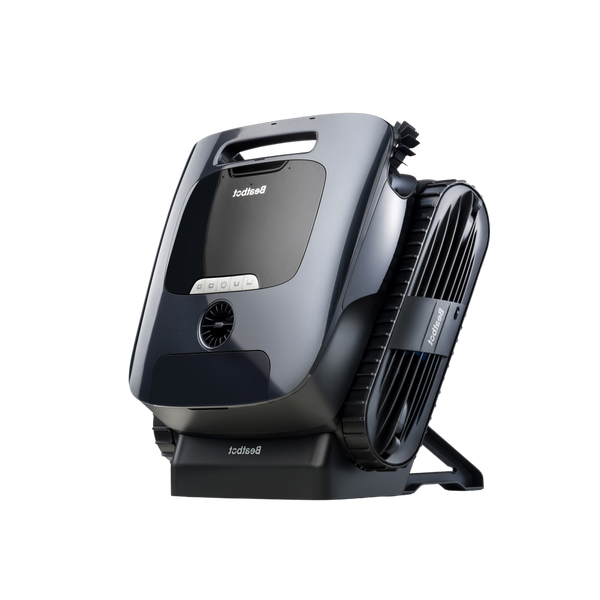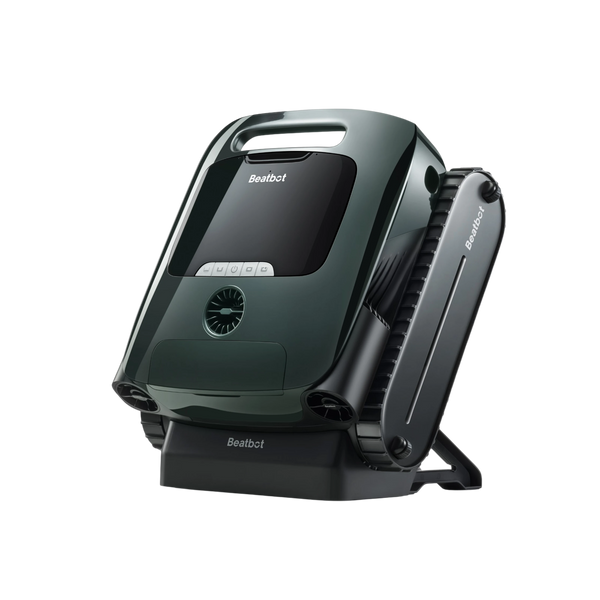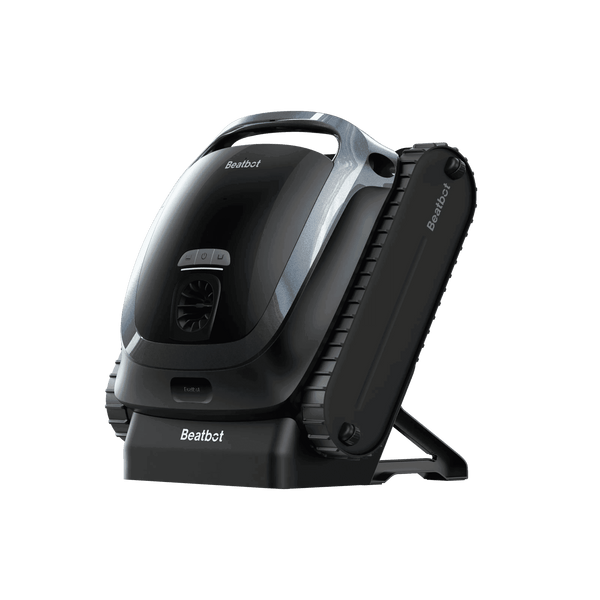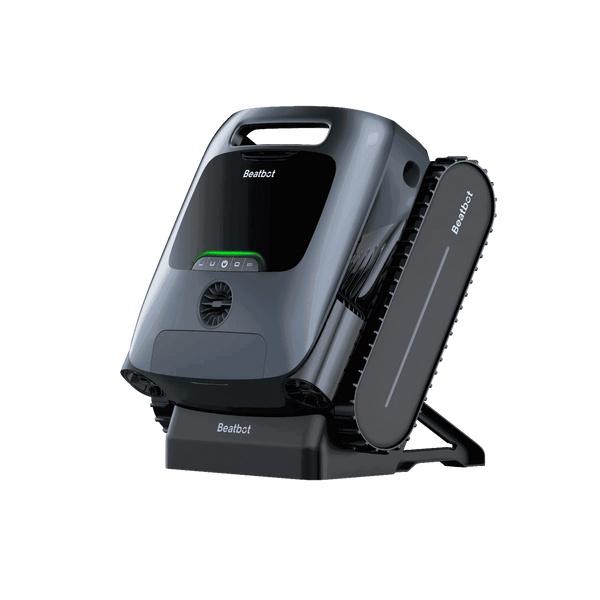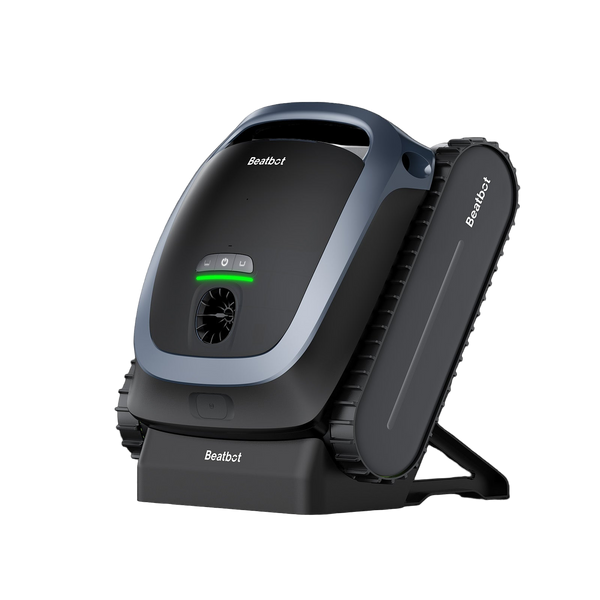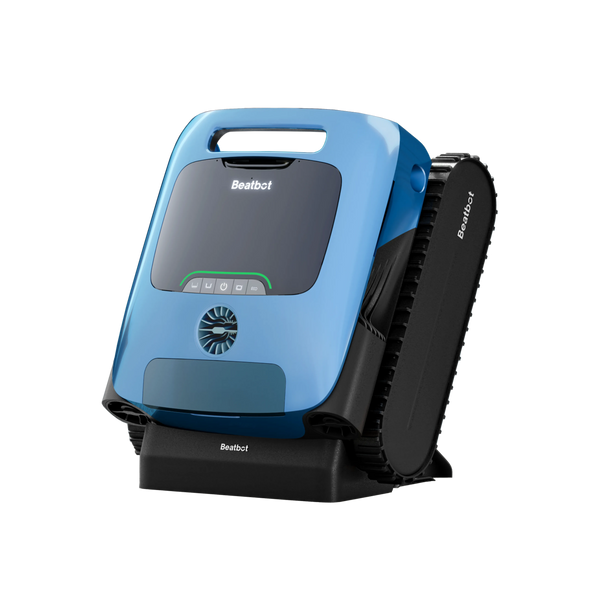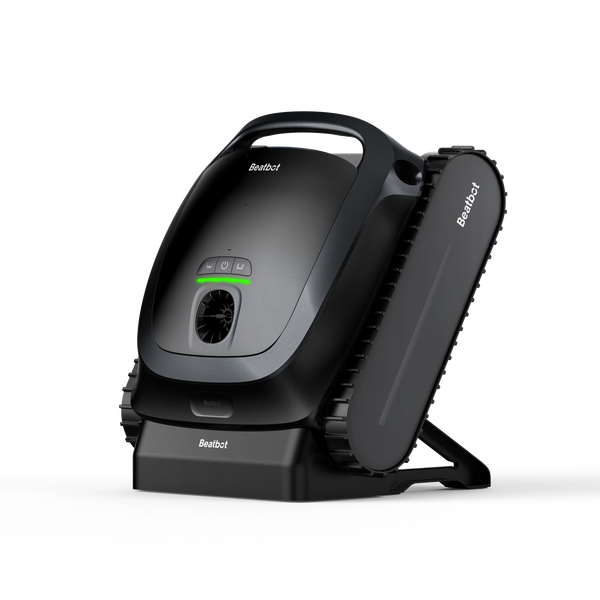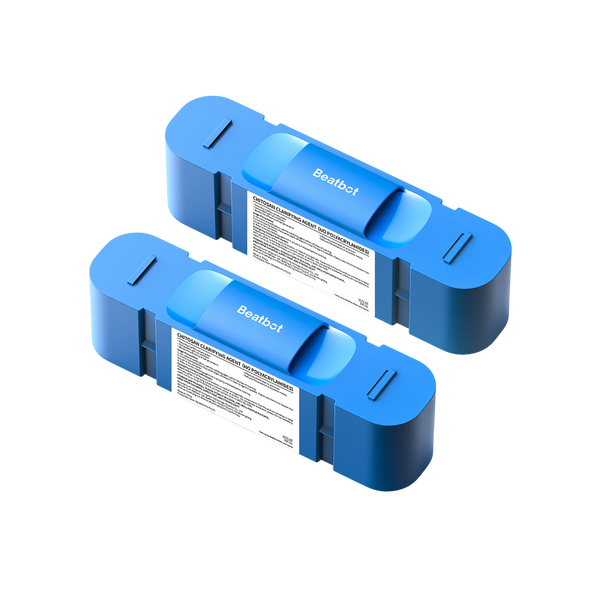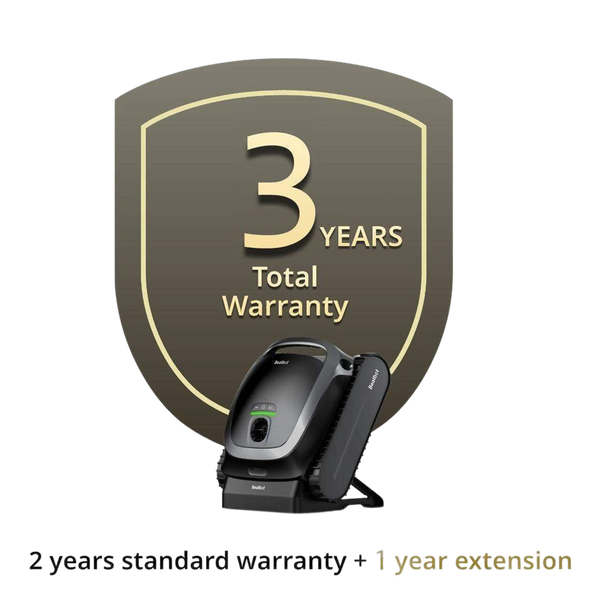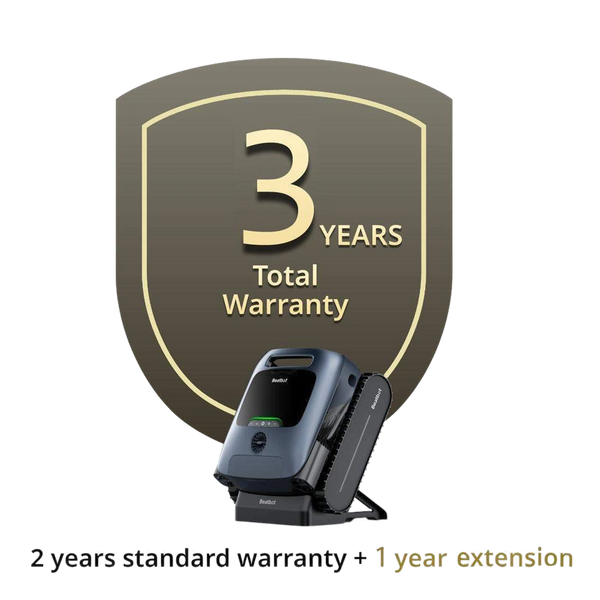Weighing the Benefits of Chlorine vs. Bromine Disinfectants
Since you are here to read the post, I believe you have understand the essential role disinfectants act in ensuring a clean and safe water of your pool or spa. So when it comes to pool snatizers for pools and spas, chlorine and bromine are the two most commonly used chemicals. They are both chemical compounds that serve a similar function: decontaminate pool and spa water by killing bacteria effectively.
Table of content

However, you may feel confused, which one is the best choice for you?We present the pros and cons of each so that you can choose the option that’s best for your situation.
Chlorine
Pros
- Effectively kills or inactivates pathogens and algae
- Multiple use options (tablets, granules, liquid, gas, etc.)
- Easier to apply
- Works in indoor and outdoor pools
Cons
- Harder to keep pH balanced
- Strong smell
- Irritating to people with sensitive skin
- Applied more frequently
- Less effective at high temperatures
- May cause eye or skin irritation
Bromine
Pros
- Remains stable at higher temperatures
- Easy to keep pH balanced
- Little smell
- Kills bacteria and viruses effectively
- Gentler on the eyes and sensitive skin
- Added less frequently
Cons
- - Degrade faster when exposed to sunlight
- - Not as effective below 75°F
- - Pool water will be cloudy
- - Harder to rinse off skin
- - More expensive

Chlorine: The Versatile Sanitizer
Effectiveness
Chlorine works well indoors and outdoors, is incredibly effective and well-loved by many pool owners. It works faster to kill contaminants but for a shorter period, for it dissipates faster.
Both chlorine and bromine are susceptible to degradation by the sun UV rays, and bromine dissipates slightly faster. There is no substance that stabilizes bromine to prevent UV degradation, while chlorine can be stabilized by cyanuric acid.This makes bromine a better choice for an indoor pool or spa.
Ease of Use
Chlorine can be applied in three different ways: granules, liquid, or tablets. The granules or liquid can be added directly to the water without any specialized equipment, while the tablets are placed in a floating dispenser to maintain adequate levels of chlorine in the water.
So you can choose the method that works best for your routine, whether it’s using a floating dispenser for tablets or pouring liquid chlorine directly into your pool.
Why Chlorine Shines in Cooler Pool Temperatures
Chlorine is renowned for its effectiveness in maintaining pool hygiene, particularly when the water is cooler. This enhanced performance in lower temperatures, around 65°F and up, can be attributed to a few key factors:
Chemical Activity : In cooler conditions, chlorine retains its active properties better. This allows it to combat bacteria and algae more efficiently than in warmer settings where it can degrade more quickly.
Stability : Compared to alternatives like bromine, chlorine remains potent without the need for additional stabilizers. It functions optimally in cooler temperatures, ensuring your pool stays clean.
Cost-Effectiveness : Chlorine is not only effective but also more economical when it doesn't need to counteract warmer, destabilizing conditions. This makes it a preferred choice for pool owners in cooler climates or during cooler seasons.
Ultimately, chlorine's ability to perform in cooler waters makes it a reliable choice for maintaining a sparkling, healthy pool atmosphere, ensuring your swimming experience is as pleasant as possible.

pH Impact
Chlorine woks effectively within a range of pH levels, Keeping pH within 7.4 to 7.6creates the perfect environment for chlorine to act. So keeping track of pH leves to ensure a safe pool environment is important for pool owners.
Odor
Chlorine is known to have a much stronger odor, causing unpleasant swimming experiences. Chlorine can be harsh for those with sensitive skin or eyes or those with breathing conditions such as asthma.
Bromine also has a softer side. It tends to be less irritating on both skin and eyes compared to chlorine. If you or your guests have sensitive skin or eyes, bromine may be a better option, allowing for enjoyable swims without the stinging discomfort often associated with chlorine.
But if someone is allergic to chlorine, bromine is also not a safer alternative because it is still chlorine-based. This is important to note as bromine is derived from chlorine, making it unsuitable for those with specific chlorine allergies.
For those facing such allergies, consider exploring alternative options like:
- Peroxide-based systems : These can sanitize your pool or spa without the chlorine component.
- Silver or copper-based ion generators : These systems use ions to keep your water clean and are a viable option for chlorine-sensitive individuals.
Additionally, while bromine doesn't release the same overpowering chlorine smell, its stability means its odor may linger on your skin after swimming. This stability is what makes bromine effective for up to a week in your pool or spa, but it's something to keep in mind for post-swim comfort.
Bromine: A Mild Disinfectant
Effectiveness
Bromine works more slowly but provides longer-lasting protection and helps maintain water chemistry more balanced due to its lower pH, meaning less chemical adjustment is needed. Bromine generally requiring a higher amount to achieve the same level of sanitation as chlorine.

Higher Cost
Bromine usually tends to be more costly than chlorine. Generally more bromine will be required than chlorine to achieve the same clean results. Plus, bromine is best dispensed through a floating feeder or cartridge dispenser, which also adds to the initial cost of using bromine.
On the other hand, you tend to use bromine less often than chlorine, so it is possible that the cost of using bromine or chlorine actually equals itself out over time.
Stability
If you have a hot tub or a heated pool indoors, bromine is your go-to guy. Unlike chlorine, bromine remains stable and effective, especially in warm water. This stability makes bromine preferred for indoor spas or heated pools.
Gentle on skin and eyes
Bromine also has a softer side. It tends to be less irritationg on both skin and eyes compared to chlorine. If you or your guests have sensitive skin or eyes, bromine may be a better option, allowing for enjoyable swims without the stinging discomfort often associated with chlorine.
But if someone is allergic to chlorine, bromine is also not a safer alternative because it is still chlorine-based.

Odor
Bromine does not emit the same strong chlorine smell like chlorine, but bromine does leave a lingering smell that is harder to rinse off your skin than chlorine due to its stability.
pH Tolerance
With is its ability to perform well over a broader pH range, Bromine offers consistent sanitation even when the pH levels vary. This quality can be especially beneficial for busy pool owners who may not always have time to monitor water chemistry meticulously.

Usage
Bromine typically comes in tablet or granule forms, requiring a bromide or dispenser for easy and controlled distribution,you may only need to add bromine once a week.
Usually one application bromine can last up to a week, you may just need add it once or week. While chlorine may needs to be added every other day or so as it dissipate soon.
Temperature Performance of Chlorine vs. Bromine
Understanding how chlorine and bromine perform under different temperature conditions can help you choose the right sanitizer for your pool or spa.
Bromine's Performance
- Optimal at Higher Temperatures : Bromine excels in environments that maintain temperatures above 75°F. Its stability makes it an ideal choice for warm settings, such as hot tubs and spas, where the water is consistently heated.
Chlorine's Capabilities
- Effective at Lower Temperatures : Chlorine demonstrates its efficacy even at lower temperatures, remaining potent down to 65°F. This makes it a suitable option for unheated pools where the water remains cooler throughout the year.
The choice between bromine and chlorine largely depends on the typical temperature of your swimming area. Bromine is beneficial in maintaining sanitation in heated water, while chlorine is versatile enough to handle cooler conditions effectively.
Why Might Bromine Result in Cloudier Pool Water Compared to Chlorine?
When it comes to keeping pool water sparkling clear, bromine behaves a bit differently than chlorine. One key reason for cloudier water is bromine’s lower pH level, which tends to make it less effective at breaking down organic debris. This reduced efficiency can lead to sediment and particles remaining in the water, giving it a cloudier look.
Unlike chlorine, bromine doesn't oxidize organic material as effectively, meaning debris can accumulate more easily. To combat this, pool owners may need to periodically "shock" the water using chlorine to maintain optimal clarity and cleanliness. This extra step helps to ensure that the pool remains as clear and inviting as possible.
Making the Choice: Bromine vs. Chlorine
Opt for bromine if:
You have an indoor pool, particularly heat.
Swimmers have sensitive skin and eyes.
You’re looking for a sanitizer that tolerates fluctuating pH levels well.
Opt for Chlorine If:
You have an outdoor pool.
Seek an economical solution.
Prefer versatile options and easier usage.
As a whole, the decision between bromine and chlorine usually depends on your personal situation, preferences and the unique layout of your pool. Except for the products themselves, your swimming habits, the type of pool you have (indoor or outdoor) and who will be swimming in it, may be taken into your consideration.
Ultimately, both bromine and chlorine are very effective sanitizers for pools and spas, but understanding their unique characteristics will help you make the right choice. If you are a busy pool owner and tend to have a more efficiency way to clean your pool water, Beatbot AquaSense Robotic Pool Cleaner could be your partner to help you in your daily pool maintenance
Chlorine vs. Bromine: Understanding the Cost Differences for a Year-Round 20,000-Gallon Pool
Owning a swimming pool is a luxury, but it comes with its own set of maintenance challenges, one of which is choosing the right sanitizing agent. When comparing chlorine and bromine for a 20,000-gallon pool that's open year-round, cost is a critical factor to consider. Here's a closer look at the financial implications of each option:
Chlorine Costs
- Annual Expense : Expect to allocate approximately $600 annually when opting for chlorine to keep your pool sanitized.
- Characteristics : Chlorine is widely recognized for its effectiveness and relatively lower cost. It remains a popular choice for pool owners on a budget.
Bromine Costs
- Annual Expense : Bromine will set you back around $1,000 every year for maintaining the same pool size.
- Characteristics : Although more expensive, bromine is praised for being more stable at higher temperatures and for being gentler on the skin. However, it does not fare well under direct sunlight, unless specifically treated with stabilizers.
Cost Comparison
Let's break it down:
- Chlorine : $600/year
- Bromine : $1,000/year
The decision between chlorine and bromine ultimately boils down to priorities. If minimizing upfront costs is your goal, chlorine is the economical choice. However, if your preferences lean toward stability at diverse temperatures and skin-friendly properties, bromine, despite its higher annual cost, might be worth the extra investment.
Decide what factors matter most to you—be it cost-efficiency or comfort—and tailor your choice to suit your specific needs. Whichever you choose, regular maintenance and professional advice can help keep your pool in tip-top condition year-round.
Alternative Pool Sanitizing Options for Chlorine Allergies
If you're allergic to chlorine and looking for other pool sanitizing options, there are effective alternatives available that maintain water clarity and safety. Here’s a look at the choices:
-
Peroxide-Based Systems
- Hydrogen Peroxide : This strong oxidizer works well in combination with ultraviolet (UV) light systems to disinfect water, breaking down bacteria and organic matter without the harsh effects of chlorine.
-
Ion Generators
- Silver and Copper Ions : These systems use ionization to release silver and copper particles into the water. The ions inhibit the growth of harmful bacteria and algae. Silver acts as an antiseptic, while copper effectively controls algae.
-
Saltwater Systems
- Although saltwater pools still produce chlorine, they typically contain lower levels, which may be tolerable for some individuals with sensitivities. The salt system converts salt into a form of chlorine that may be less irritating.
-
Ozone Systems
- Ozonators : These devices infuse ozone gas into the pool water, which neutralizes contaminants and provides an effective sanitization solution without any chlorine smell.
Each alternative has unique benefits. Consider factors like maintenance, cost, and personal comfort when selecting the best option for your needs.
Relative Blogs
About the author
